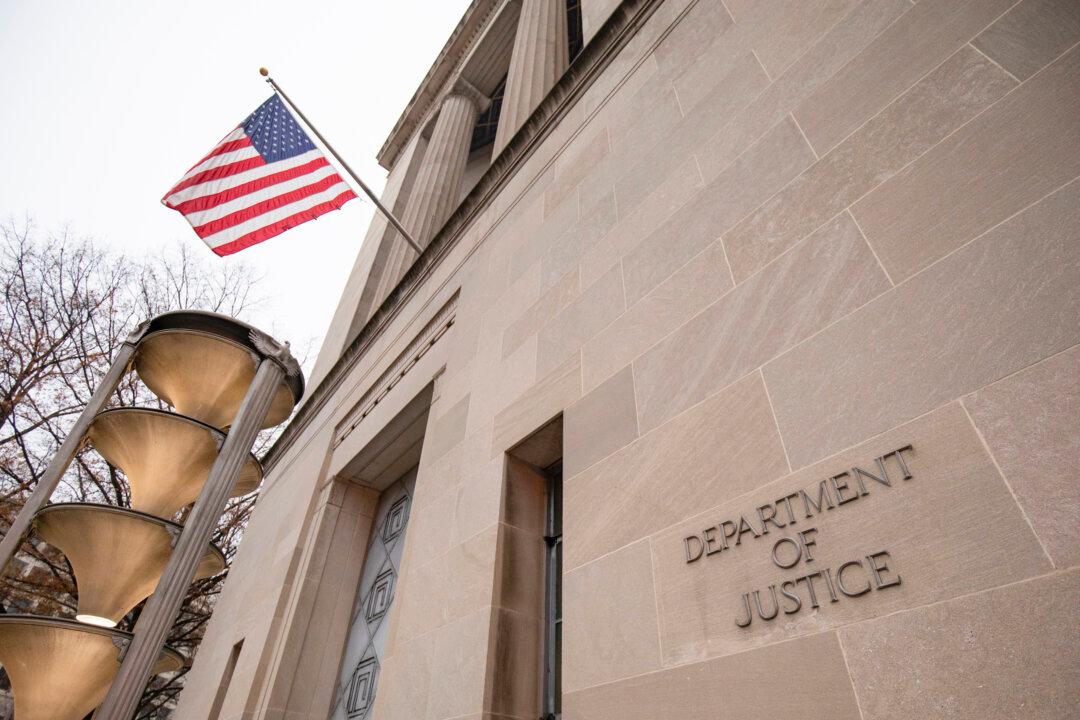Senators from both sides of the aisle have expressed concern over President Joe Biden’s move to replace most Trump-appointed federal prosecutors without consulting home state senators.
This comes after the Justice Department (DOJ) announced that it’s beginning a transition process for Senate-confirmed U.S. attorneys.




